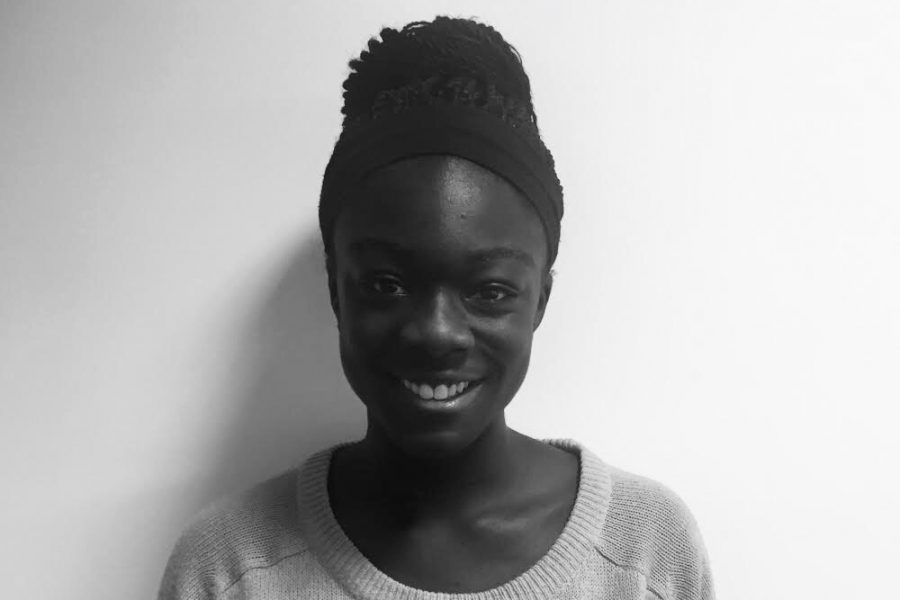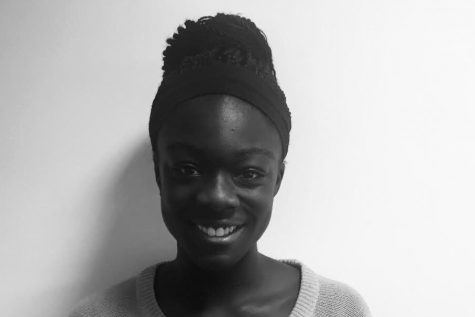On a recent trip to Accra, Ghana, I sat in the passenger’s seat of my relative’s car when she shuffled her playlist to land on “Brown Skin Girl.” Having never heard the song prior, I was immediately in awe of the song’s melody as well as the empowerment of the lyrics. Meanwhile, my relative’s response to me was that while both of those things were valid, her hope was that the overarching message of the song would continue to influence the decrease of women and men bleaching their skin, not only in Ghana but in several other countries in Africa. It was then that I understood first-hand the lasting effects of colonial mentality: internalised attitude of colonies feeling inferior.
Between the 16th and 19th century of American history, slave traders would kidnap people from Africa to then sell them to masters in America who exploited them for labor. It was common practice that Africans were conditioned to obey white supremacy, and thus give in to black inferiority when it came to societal hierarchy, let alone standards of beauty. To add insult to injury, blacks were made to feel inhuman, and were degraded and treated like objects during slavery.
Nowadays, it is common that some Ghanaian women bleach their skin in order to mirror the looks of those with fairer skin; however, having this practice as a foundation of their self-confidence and validation is problematic. Not to mention, common features of West African women, in particular, are a direct contrast to those of European women; so, to achieve the “ideal,” or “desired,” look would require extreme procedures. Five centuries later, where the conditioning of colonial mentality is ever-present, women of colour empowerment anthems, such as “Brown Skin Girl,” are necessary.
Beyoncé’s song, featuring SAINt JHN, Wizkid and daughter Blue Ivy Carter opens by addressing all melanated girls, comparing their skin to pearls: “the best thing in the world.” It should be noted that while the statement may be misinterpreted as brown skin being better than others, it should be understood that after five centuries of being destroyed by the world of transatlantic trading and its consequences, these women should be applauded for confronting and reclaiming power from what was fundamental in declaring them inferior: the world. “Same skin that was broken be the same skin takin’ over,” Beyoncé sings in the third verse.
Within the song there is applaud to specific women of colour who have proven successful in spite of the world: “pretty like Lupita when the cameras close in” alluding to Lupita Nyong’o’s successful acting career, one film in particular being “Black Panther,” and “pose like a trophy when Naomi’s walk in” alluding to Naomi Campbell’s super modeling career for which she achieved international success in the 1980s and 1990s.
Beyoncé also mentions longtime friend Kelly Rowland whose “drop broke the levee when my Kellys roll in.” Rowland herself has been public about the struggle she and many young women growing up facing in having difficulty accepting their dark skin, especially given that the ideal woman in entertainment are contrastingly different. Nevertheless, Rowland has grown to love and embrace her features as she recently featured a full body shot, face-front in the Vogue Australia, with afro-kinky hair: “I love everything about you, from your nappy curls to every single curve, your body natural,” Beyoncé sings.
As the song comes to an end, it highlights the most empowering aspect of the music: the pre-chorus where Beyoncé sings “if ever you are in doubt, remember what mama told you” to which her daughter Blue responds in the outro, “brown skin girl… I never trade you for anybody else, singin’…”






